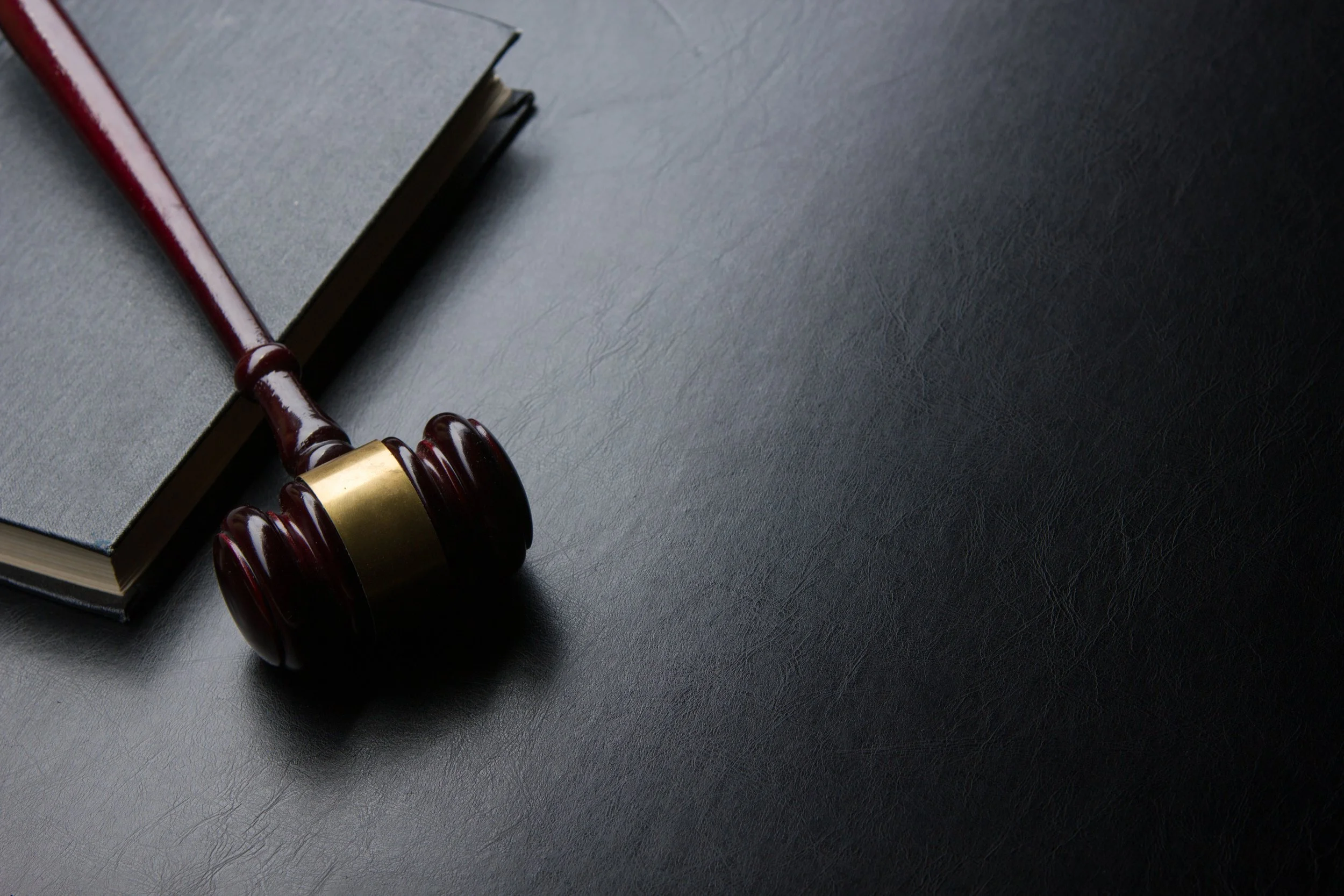What Happens After Arrest? Know Your Rights. Protect Your Freedom.
The time immediately following an arrest is critical. Georgia law requires that certain legal procedures occur quickly, like seeing a judge, determining bail, and holding a preliminary hearing to see if there is enough evidence in your case for it to proceed, or whether the case should be dismissed.
At the Waid Law Firm, we represent clients through all stages of the criminal justice process. Attorney Addison Waid is a former prosecutor who understands the nuances of pretrial hearings and how to leverage them on your behalf.
Waid Law Firm Can Help
Types of Pretrial Hearings
-
Your first appearance in front of a judge—typically within 48 to 72 hours of arrest, depending on whether there was a warrant.
The judge will:Inform you of the charges
Explain your Miranda rights
Advise you on your right to an attorney and see if you qualify for court-appointed counsel
Set bail unless the charge is one where bail can only be set by a Superior Court judge
Explain your right to a preliminary hearing
Notify you of your right to grand jury indictment in felony cases
If you don’t appear before the judge within the required time, your attorney may petition for your release from custody. -
Bail operates to ensure a defendant appears for future court appearances. If bail is initially denied, an experienced attorney should request that the court schedule a hearing to address the issue of setting a bond for the defendant. The factors a judge will consider when setting bail are whether you:
Pose a flight risk
Are a danger to the community
May commit another felony while out on bond
May intimidate witnesses or obstruct justice
The judge will also consider:
Your financial resources & obligations
Your employment status
Whether a less restrictive form of release is appropriate
Even if bail is denied, you may qualify for release after 90 days if the prosecutor does not file formal charges.
-
The preliminary hearing is your first opportunity to challenge the prosecution’s case. In the hearing, the judge is not concerned with whether or not the defendant is guilty of the offense they are charged with under a 'beyond a reasonable doubt’ burden of proof standard. The court's role is simply to determine if there is sufficient evidence to suspect the defendant's guilt and to require them to appear and answer the charges at a future date. It should be noted that in most circumstances, posting bond waives a defendant’s right to have a preliminary hearing.
At a preliminary hearing, the State must prove the following:
Whether a crime occurred, and
Whether there is probable cause that the defendant committed it.
In the criminal justice system, the term “probable cause” in this context simply means that it is more likely than not that a crime was committed and the defendant committed it.
If the court finds no probable cause, the case will be dismissed. However, even if the case is not dismissed, a preliminary hearing will often elicit valuable testimony or other evidence that can strengthen your position in a bond hearing and can positively impact negotiations with the prosecutor in the future.
Why Pretrial Hearings Matter
-

Challenge weak or illegal arrests
-

Push for release or reduced bond
-

Expose holes in the prosecution’s case
-

Protect your constitutional rights
Why Clients Choose
The Waid Law Firm
✔ Former Prosecutor Who Knows the System
✔ Experience in All Stages of Pretrial Litigation
✔ Personalized Defense Strategy
✔ Representing Clients in Cobb, Fulton & Metro Atlanta Courts
✔ Transparent Communication & Aggressive Advocacy
If you or a loved one has been arrested, don’t wait. Early intervention can make all the difference.
Get a free consultation
Contact us today to schedule your free consultation so we can discuss your case,
your needs, and your best options moving forward.


